Mohamed Ezzine Chleyfa – New Tunisian Ambassador to the United States
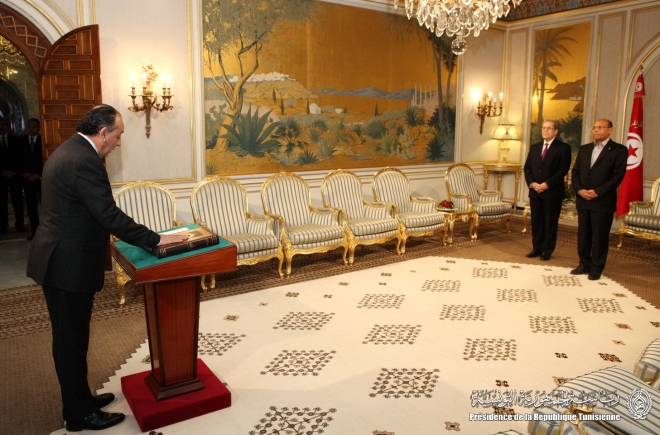
1- Your Excellency, welcome to the US. Our members would like to know you better, can you tell us a little bit about your training and career as a diplomat?
I would like, before presenting myself, to thank TAYP for the warm welcome and pay tribute for its members’ work to serve the Tunisian community and advance Tunisia’s interests in the United States.
I have studied both in Tunisia and in France and graduated from the University of Aix, Marseille III with a Master degree in International Law and a Ph D in Land Planning.
I have joined the Ministry of Foreign Affairs in 1983 and served as a diplomat in Spain and Washington. I have also served as Ambassador in South Africa, Australia and Spain before my recent appointment in Washington.
Tunisia will hold its promise and will serve as a democratic beacon in the whole region
2- You have been our Ambassador in Australia and in South Africa, How does this experience compare to your experience of being in the US so far?
Every diplomatic posting has its own challenges and delights. Wherever you are appointed, you are expected to serve your country by reinforcing and creating bonds and by exploring new avenues for cooperation and fresh opportunities for Tunisia. I would like to think that in my previous postings, I have succeeded in meeting some of these challenges.
I am aware that my current tenure in Washington DC is much more challenging and demanding because of many and various considerations, including the geopolitical weight of the United States, the high expectations from Tunisia, the formidably ambitious post-revolution political and economic agenda and the great potential for Tunisia in the United States.
it is now the time to work together and to win together. It is an unprecedented opportunity for both our countries
3- Tunisia has been under Washington’s spotlights since the revolution. What is the main message that our country is sending to our friends in DC?
Despite the challenging mission I am entrusted with, I am confident that Tunisia’s cause is not difficult to defend and promote. We are telling our friends in the United States that Tunisia will hold its promise and will serve as a democratic beacon in the whole region. Thanks to its many assets, including a strong reformist tradition, a mature political culture and a high level of education and openness, Tunisia “is setting a standard for dialogue and democracy that is the envy of the Arab world”.
Despite various complexities and multiple challenges and crises, Tunisia is charting its course through dialogue, inclusiveness and consensus. The recent breakthrough in the political process illustrates Tunisia’s capacity to meet the transitional challenges and to forge a new democratic destiny rooted in the country’s heritage and identity and embracing universal values.
In a nutshell, my message to the US will be as follows: it is now the time to work together and to win together. It is an unprecedented opportunity for both our countries. The United States of America will have for the first time a truly democratic partner in our part of the world. A new partnership shall bond us together.
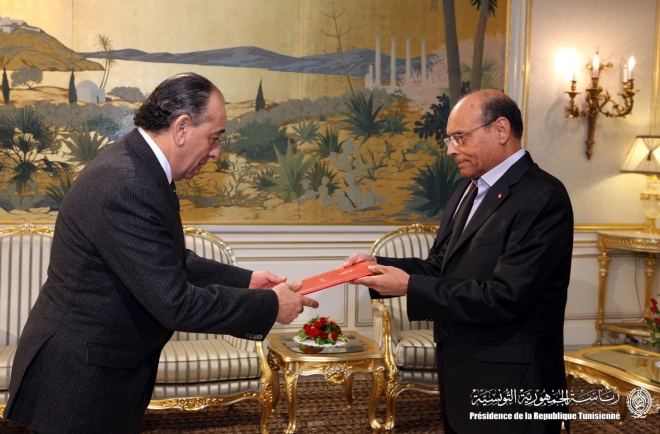
The largest concentration areas for Tunisians are California and New York
4- How large is the Tunisian Diaspora in the US, where are they mostly located and what are its main needs.
We have around 16,000 Tunisians registered at the Consular services of the Embassy. That number does not take into account some Tunisians who have not accomplished registration procedures. I would like to avail myself of this opportunity to invite those who are not registered yet, to do so. It is a useful procedure that allows us to better serve them and to protect their interests in many cases. Those who are registered are kindly invited to update their addresses and contact details. It is crucial to do so, particularly in the perspective of the elections that will take place later this year.
The largest concentration areas for Tunisians are California and New York. Most Tunisians in the United States complain about a deficit of organizations and associations catering for their needs and bringing them together. Organizations like TAYP are doing a good job in bridging this gap. We are willing to offer any help we could to other and new organizations with which we could work jointly to serve Tunisians in the United States and to lobby actively the Tunisian cause.
5- What are your priorities for the upcoming year and what can you promise our members of the Tunisian Diaspora.
My mission in Washington D.C will be guided by two major priorities. First, I will endeavor to forge with our American friends a new vision for a Tunisian-US partnership that includes the elaboration and implementation of long-term cooperation programs targeting priority sectors in Tunisia, including development projects particularly in inland regions, economic support to meet budgetary difficulties and macroeconomic reforms, new trade and investment arrangements and a substantial increase of scholarships and vocational training opportunities for Tunisian students.
On a parallel front, I will do my best to serve the Tunisian community by working with my colleagues and the community itself, to modernize consular services and establish new relations of trust and respect that breaks with bygone attitudes marked by suspicion and apprehensiveness.
Finally, I would like to send a message to all members of the Tunisian community to invite them to work with the Embassy and help us with any ideas, suggestions, initiatives or criticism that could yield benefits to Tunisia or to Tunisians in the United States. The Embassy has an open-door policy and will welcome and offer support to all Tunisians, regardless of their political views or backgrounds.
related news
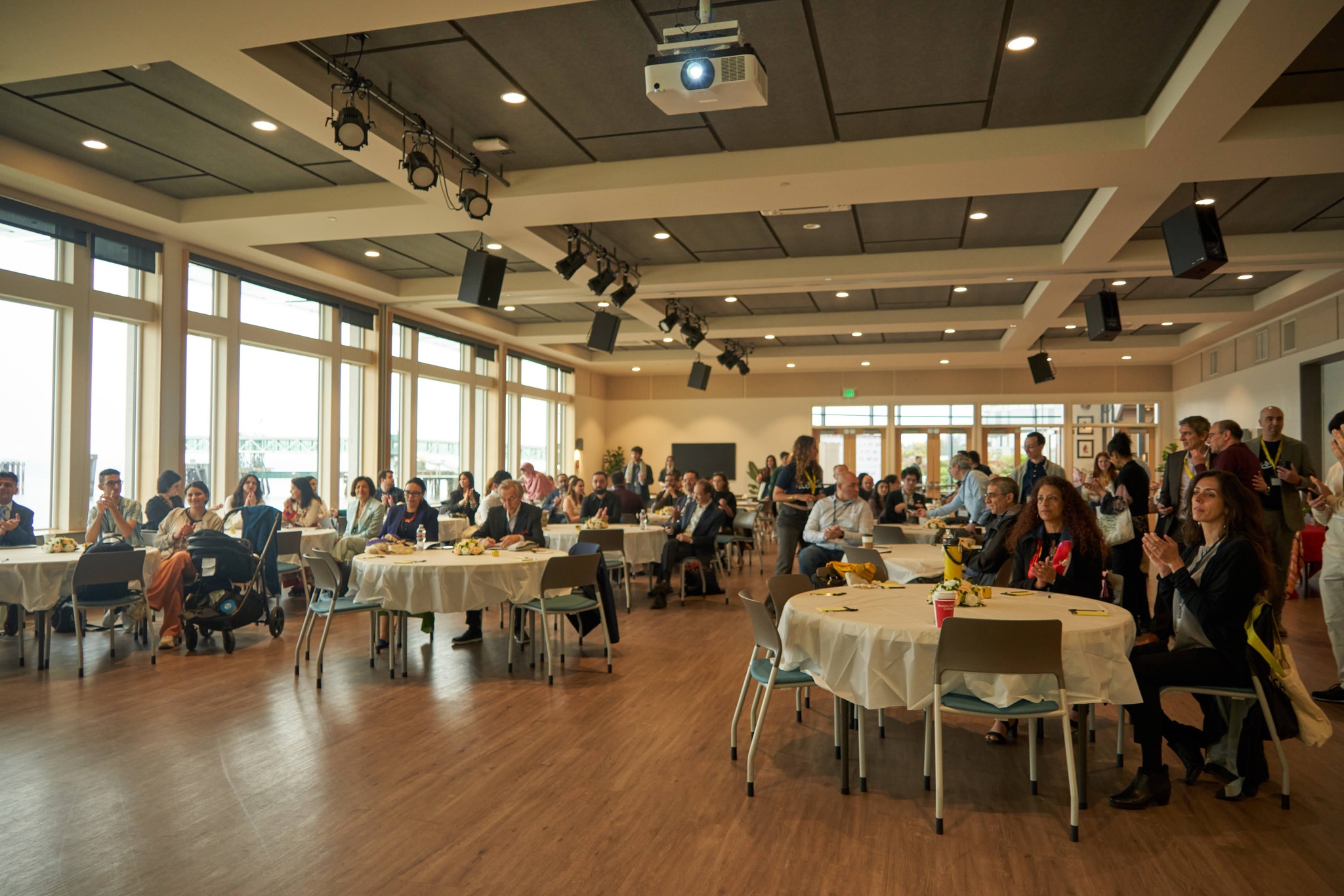
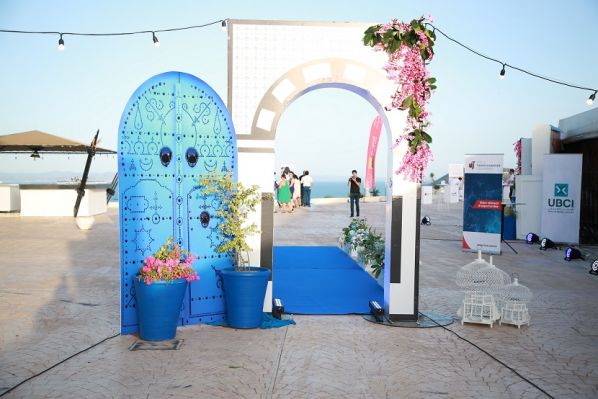
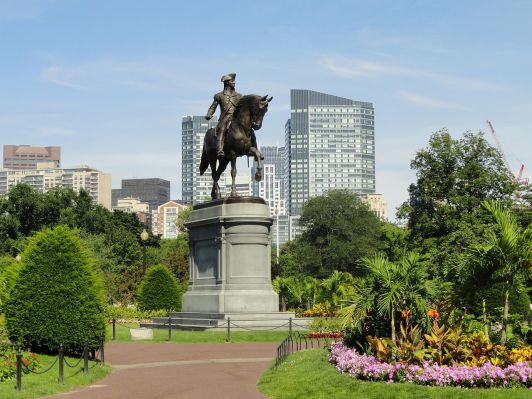

About the author